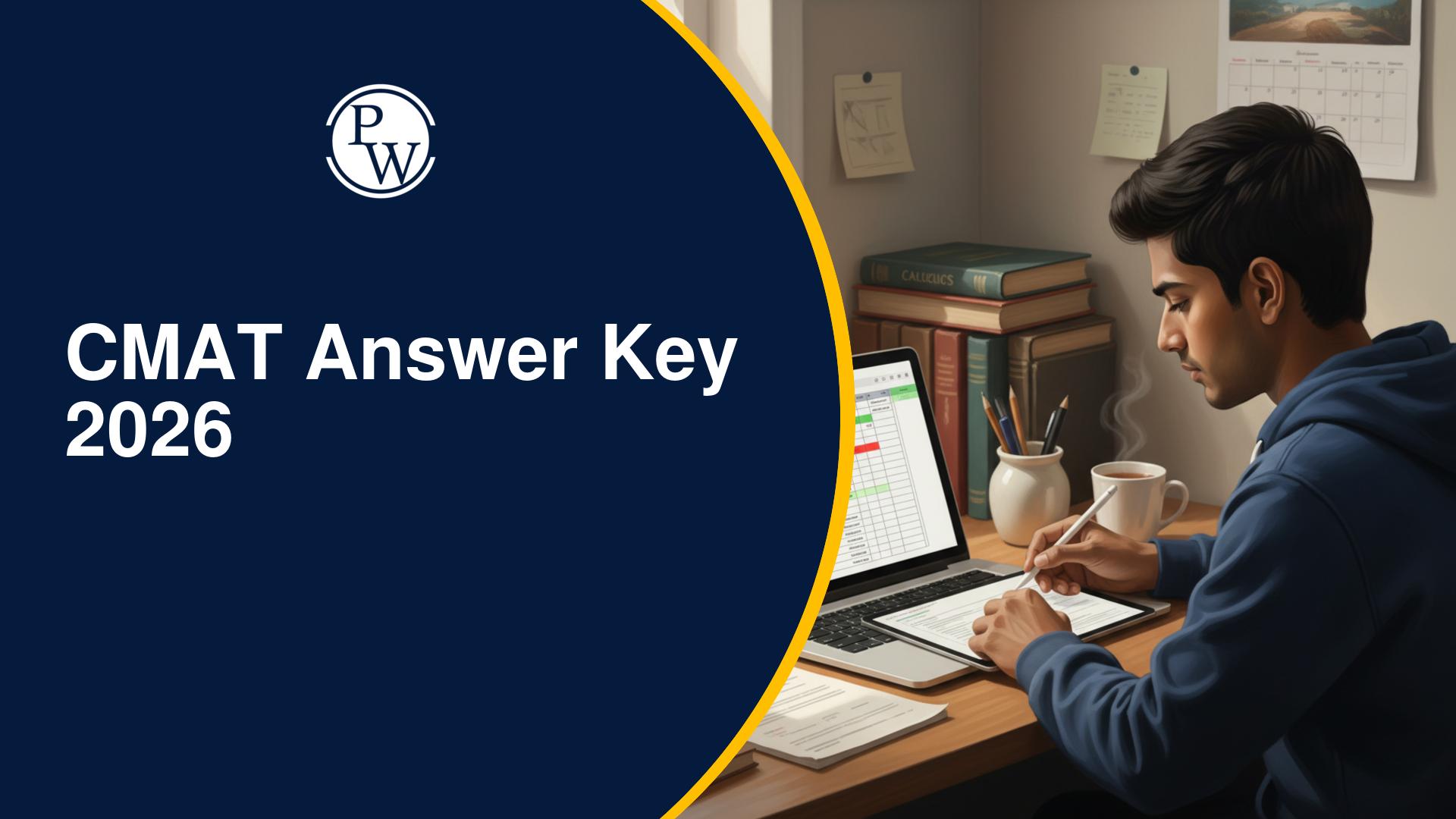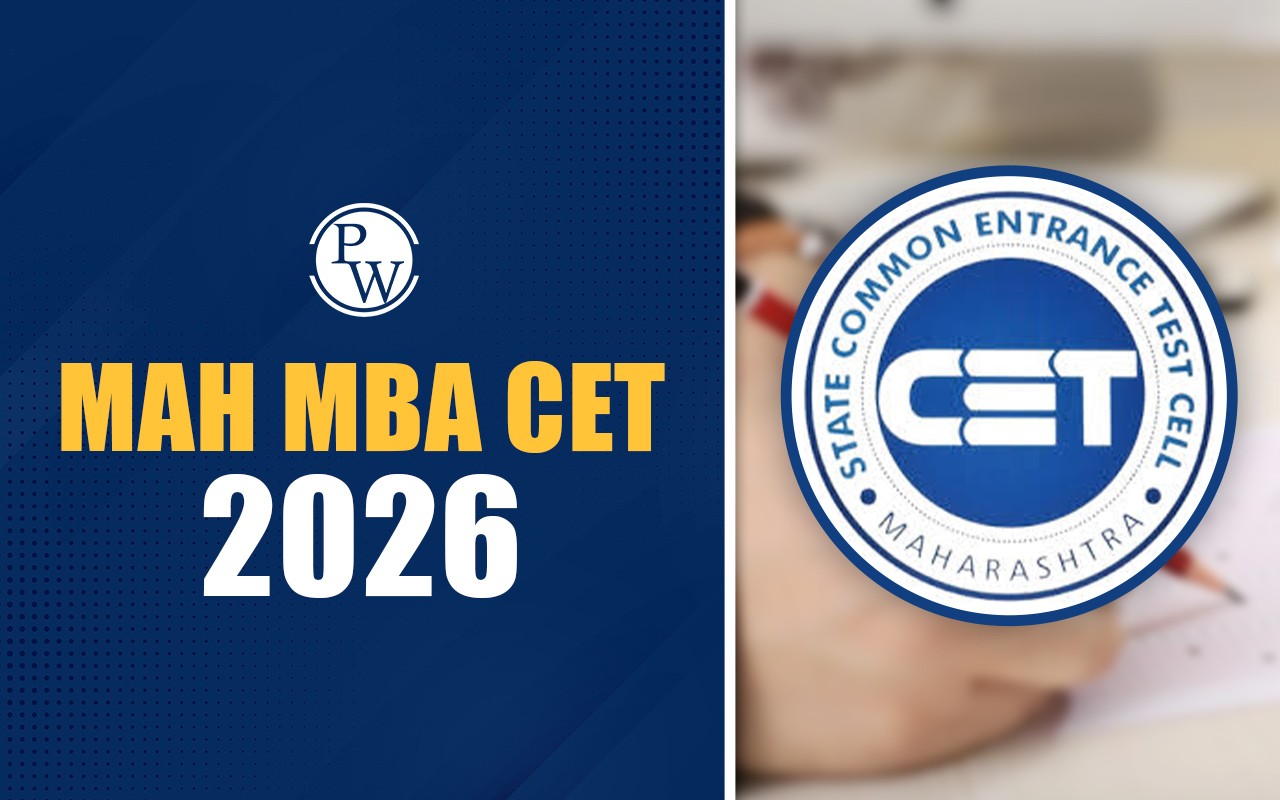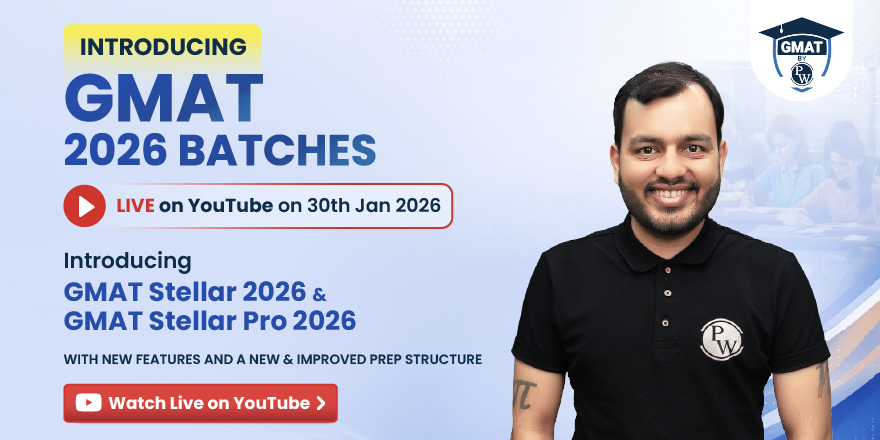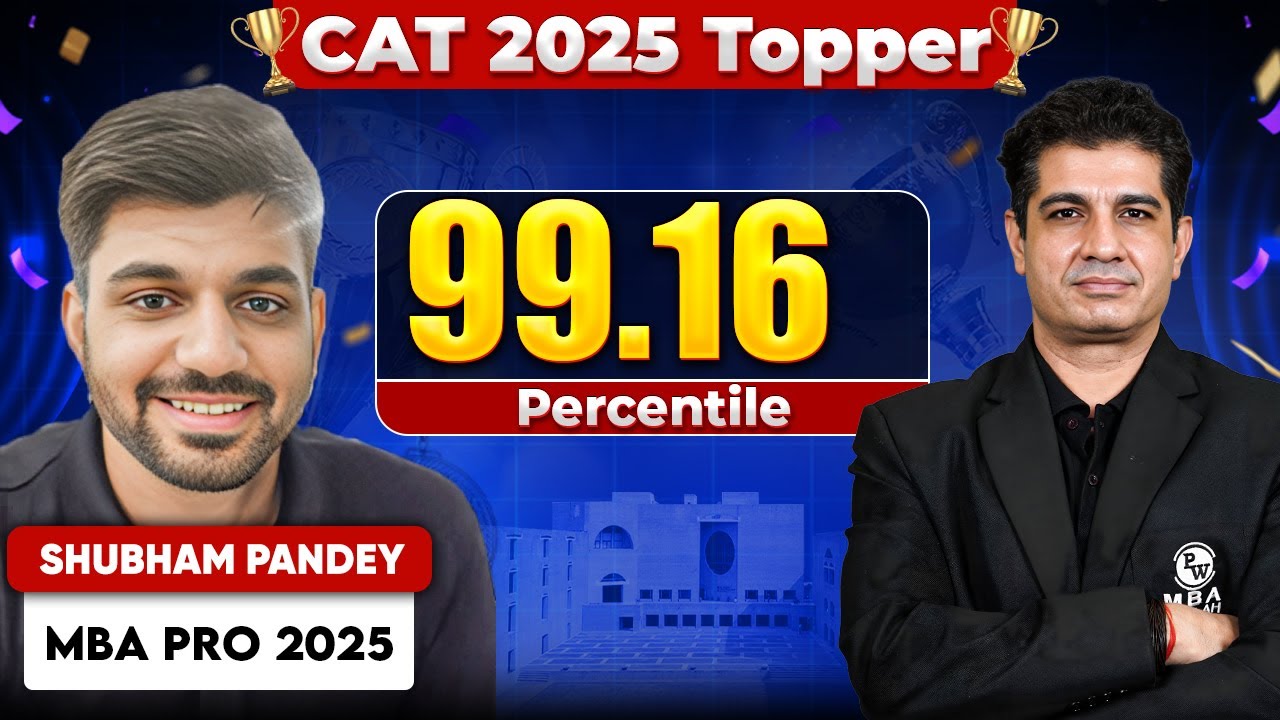
What is GMAT Exam: The GMAT, short for the Graduate Management Admission Test, is a globally recognized standardized exam commonly used for admission into business and management programs. Conducted as a computer-adaptive format, the GMAT Exam features only multiple-choice questions.
Apart from undergraduate academic records, personal essays, professional experience, and letters of recommendation, business schools use GMAT scores to assess a candidate’s readiness for MBA programs. Candidates preparing to appear for the GMAT should familiarize themselves with all key components of the exam for effective preparation.
GMAT 2026 Key Overview
The following table provides an overview of the key features and important overview of the GMAT exam. It serves as a quick reference for candidates to understand the structure and essential details of the test. From the exam format to scoring pattern, the table outlines crucial information that can help aspirants plan their preparation strategy more effectively.
|
GMAT 2026 Overview |
|
|
Exam Name |
GMAT |
|
GMAT Full Form |
Graduate Management Admission Test |
|
Offers admission to |
MBA programs in abroad and in India |
|
Conducting Body |
GMAC (Graduate Management Admission Council) |
|
Mode of Exam |
Online (Home proctored test) Offline(CBT from test centres) |
|
GMAT Score Range |
205-805 |
|
GMAT Fees in India |
USD 300 (online) USD 275 (at a test centre) |
|
Official Website |
mba.com |
Sections in GMAT Exam
The GMAT exam is structured into three distinct sections, each designed to assess specific skill sets that are vital for success in a business management program. Candidates must demonstrate strong analytical abilities, logical reasoning, and critical thinking to perform well across all sections of the test. These skills are not only essential for excelling in the GMAT but are also important for thriving in an MBA curriculum.
Each section of the GMAT is scored separately, allowing business schools to evaluate an applicant's strengths in different areas. The three core sections of the GMAT include:
-
Quantitative Reasoning
-
Verbal Reasoning
-
Data Insights
Together, these sections provide a comprehensive assessment of a candidate’s readiness for graduate-level business education.
GMAT Exam Pattern
The GMAT is designed to measure a candidate’s ability to think analytically and solve quantitative problems under strict time conditions. A significant portion of the test focuses on evaluating how well individuals can apply strategic reasoning and logical thought processes to complex scenarios. The exam is divided into three main sections, all of which feature multiple-choice questions tailored to assess different skill sets.
To give you a clearer understanding of the exam structure, the key components of the GMAT paper are outlined in the table below.
|
GMAT Exam Pattern |
|||
|
GMAT Section |
No. of Questions |
Time Allocated |
Topics Covered |
|
Verbal Reasoning |
23 |
45 minutes |
Critical/analytical thinking, Comprehension, Inference |
|
Quantitative Reasoning |
21 |
45 minutes |
Fractions, Percentages and Ratios, Algebra, Statistics, Story problems, Number properties |
|
Data Insights |
20 |
45 minutes |
All quant skills, all verbal skills, Data analysis, and Logical reasoning |
In the GMAT’s adaptive testing format, the difficulty level of each question is influenced by the test-taker's previous response. When a question is answered correctly, the next one is generally more difficult, whereas an incorrect answer usually triggers a slightly easier question. This dynamic adjustment helps the test accurately gauge the individual’s true ability.
Harder questions are assigned greater value in the scoring process, meaning that answering them correctly can significantly boost a candidate’s score. At the end of the exam, the system calculates a final score based not only on the number of correct responses but also on the level of difficulty of the questions successfully tackled.
Mode and Frequency of GMAT Exam
The GMAT exam is available in two formats: online and offline. The online version is delivered via a remotely proctored system, allowing candidates to take the test from the comfort of their homes. To appear for the online GMAT, test-takers must have a stable internet connection, a functioning computer, a webcam, and a microphone. Notably, candidates are permitted to take the online GMAT only once. If they wish to attempt the exam again, they must opt for the offline version.
The offline GMAT, also known as the test center-based exam, is administered in a Computer-Based (CBT) format at designated exam centers. Candidates must download and carry their admit card for the offline exam. Unlike the online mode, the offline GMAT offers greater flexibility, allowing up to five attempts within a calendar year, provided there is a minimum gap of 16 days between each attempt. Over a lifetime, a candidate can appear for the GMAT offline up to eight times.
How Challenging is the GMAT?
The GMAT presents a range of challenges that can test a candidate’s endurance, strategy, and time management skills. Some of the key difficulties include:
-
Test-takers are generally required to answer every question in sequence and cannot skip difficult ones. However, the GMAT Focus Edition offers some flexibility by allowing candidates to flag up to three questions per section for later review and reconsideration.
-
As part of the adaptive format, each correct response leads to a progressively more difficult question, increasing the cognitive demand as the test progresses.
-
Failing to complete all questions within the allotted time can negatively impact the overall score, as unanswered items are penalized in the final evaluation.
GMAT Preparation Tips
To excel in the GMAT, candidates should adopt a structured and strategic preparation approach. The following tips can help enhance performance and boost confidence:
-
Begin by estimating the time required to thoroughly cover the entire GMAT syllabus. Starting early allows for a more balanced and stress-free preparation, ensuring that each topic is addressed without last-minute pressure.
-
Focus on one section at a time rather than juggling multiple sections simultaneously. Concentrating on mastering individual areas helps build a strong foundation before moving on to the next segment.
-
Incorporate regular practice through mock tests and sample papers to evaluate progress and identify areas that need improvement. Simulated tests also familiarize candidates with the exam format.
-
While practising, set strict time limits to complete each set of questions. This helps in developing effective time management skills, which are crucial for performing well under exam conditions.
-
Prioritize understanding the core concepts instead of rote memorization. A clear grasp of fundamental ideas enables candidates to approach various question types with accuracy and confidence.
-
Revise an ongoing part of the preparation journey. Regularly revisiting topics helps reinforce knowledge, improve retention, and minimize errors on test day.
What is GMAT Exam FAQs
What is the GMAT exam and why is it important?
What are the key sections of the GMAT exam?
What is the format of the GMAT exam?
How is the GMAT exam conducted?
How difficult is the GMAT exam?










